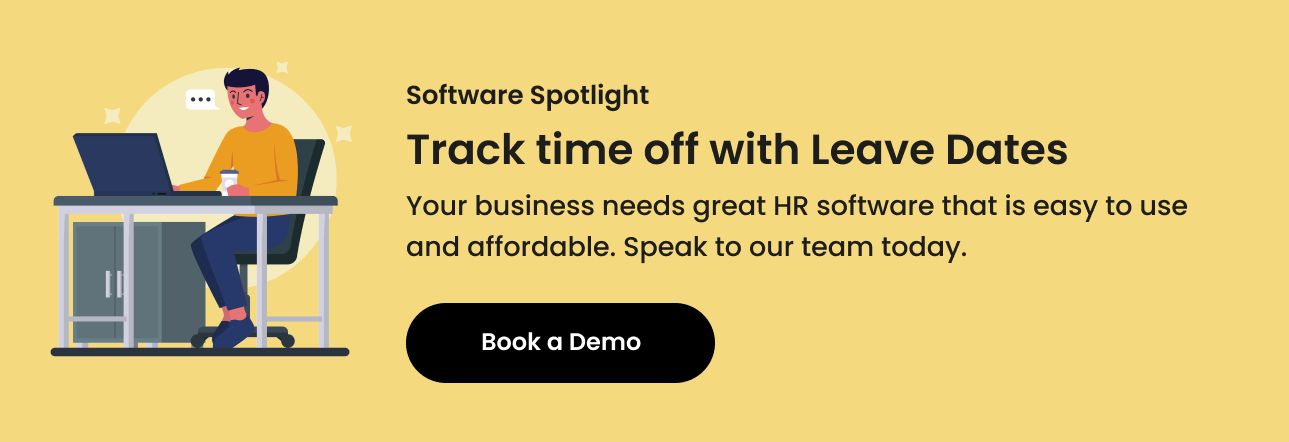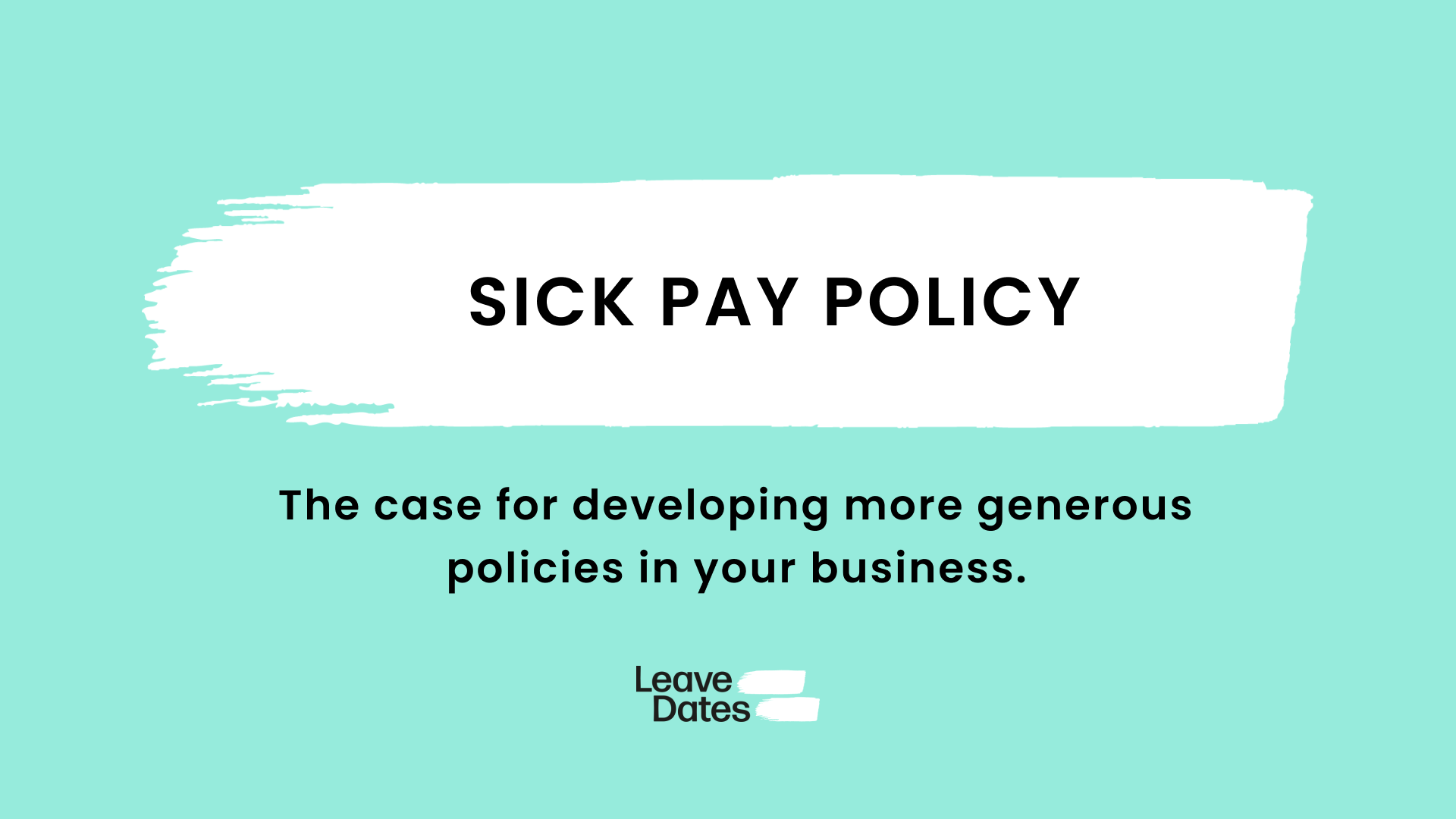
If you have ever worried about people taking time off work, you may not be aware of the benefits of taking time off on staff productivity. While increasing numbers of businesses are implementing unlimited paid time off (PTO), there is debate on whether the offering is genuine or practical. Minimum paid time off is a suitable alternative and a step towards self-care culture in your business.
In June 2023, TikTok user @cuddleswpuddles, who is living with a disability, drew attention to the issues with unlimited paid time off after being given a warning for taking over ten sick days off in a calendar year, despite there being no apparent issue with her overall work performance. The post now has over 35K views and a very heated comments section, with most people stating they had similar experiences with unlimited PTO policies in their workplaces.
Is unlimited paid time off feasible for businesses?
Despite past media buzz, in reality, unlimited PTO is a luxury enjoyed by big tech and media companies turning over billions each year. Unlimited time off is unrealistic for your average small business as resources are scarce. Aside from the financial impact of paying out extra leave not factored into a budget, small businesses often can't replace or cover staff for excessive periods, creating an additional cost for lost productivity.
Some studies reveal that up to 70% of workers in the UK take only some of their annual leave, with industries like hospitality having the lowest uptake rates. Great managers strive to have rested employees, making people feel valued and unafraid to take some personal time when needed. When a minimum leave policy is implemented, it works within the statutory leave requirements, making it a factored cost, but enables staff to take care of themselves and seek more work-life balance.
Everybody needs their time off for productivity and morale.
As evidenced by the TikTok comments section we mentioned earlier, having a generous leave policy in principle could be great in theory. Still, there is an unspoken expectation that you don't take advantage of it in practice. This could create confusion and resentment within the workplace, leading to poor productivity and high turnover.
Why minimum paid time off is a great solution
There is a good case for implementing a minimum leave policy in place of unlimited PTO, so where do you start? Instead of stating the maximum number of days off your employees are entitled to per year, you say the minimum they should take, but most importantly, enforce it.
Start with a requirement that people take a certain number of days every three rolling months and check in when they have yet to book this time off, but be flexible also; some people may want to bank their leave for a big trip in a land far away, and that is fine too, as long as it works for everybody. Shifting the focus impacts culture, creating one that encourages regular breaks and overall wellness. By doing so, you're acknowledging that your staff have earned their time off, demonstrating fair-mindedness and that you see it as beneficial for both them and the company.
Success is something we achieve by having a whole and well-rounded life, work and career being a significant part, but only some of that contributes to life success. If you're doing well in your business, that's fantastic and often a sign that you have created a great culture, but it's important to remember that we all have people and lives we treasure outside of work. So encourage your team to take some time off consistently or negotiate what suits them best.
Rest and reset - It's essential
You can only perform at your peak with the time to rest and recuperate. So, to ensure that performance stays strong, everyone must take their time off.
Employers are essential in determining staff's attitude to success and time off, and encouraging everybody to take a minimum amount of time off is a great start. You may have explicit policies, standards, and expectations that don't place unreasonable demands on employees, and it is crucial to consider unspoken, implicit expectations and criteria also.
Think about the wording of formal policies also.
Does your annual leave policy use words like 'accrued', 'entitled to', and 'allowed'?
On a subconscious level, what impression does this give staff about how management feels about them taking time off? How might that change if you used terms like 'earned', 'should/must', and 'encouraged to'?
Have no doubt about it, your employees want time off. Make sure they know that you want them to take their holidays by implementing a 'minimum leave' policy and leave plans for complicated unlimited time off in the past.

As mentioned earlier, minimum leave must be enforced for it to be effective and using great software will make that much easier to manage and track. An app like Leave Dates can be a game changer to track your team members – if someone hasn't had a break in months, give them a nudge, and they'll thank you for it!



